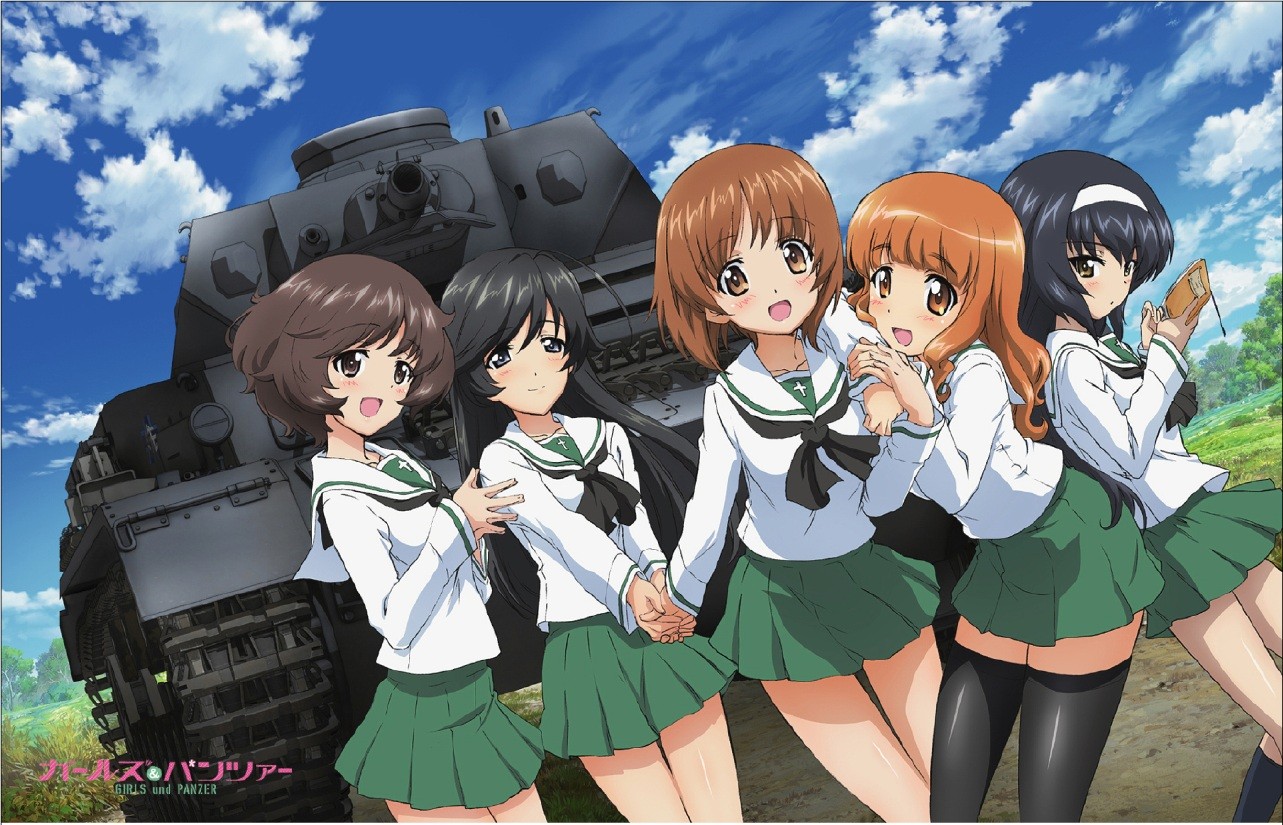


The song plays during a scene taking place at the Greek Parliament for Kremlin, in Nikos Perakis ' film Loufa & Parallagi (1984) The opening credits of the 1966 Cold War comedy film The Russians Are Coming, the Russians Are Coming uses this song.


The song is the third one heard at the beginning of Cast Away, an American movie starring Tom Hanks, right after Elvis Presley's " Heartbreak Hotel" and " All Shook Up". Michael Palin notably performed the song with the choir of the Russian Pacific Fleet in the television series Full Circle with Michael Palin. Outside Russia, several arrangements of the tune are known under the title The Cossack Patrol, particularly a version by Ivan Rebroff. The American rock band Jefferson Airplane had an instrumental version of the song, titled Meadowlands, on their album Volunteers (1969).Īn arrangement by Phillip Bimstein titled "Meadowlands", recorded by his band Phil 'N' the Blanks and released on the 1982 album "Lands and Peoples" The Swedish jazz pianist Jan Johansson recorded a version of the song in 1967 under the title "Stepp, min stepp" (steppe, my steppe) on the album "Jazz på ryska" (Jazz in Russian). It was released on his Columbia Recordings album Songs of Free Men. Paul Robeson recorded an English translation of the song in 1942 under the title Song of the Plains. Stokovsky, based on the original music of L. The music for this performance was composed by musician L. The song has been regularly performed and recorded by the Alexandrov Ensemble, and it is listed in the Alexandrov Ensemble discography, best known as the Red Army Choir.įull version at London 1945 Youth Congress Īt the opening of the London 1945 Youth Congress, the full version of Polyushko-polye was performed by a choir of 6,000 members. The song was covered many times by many artists in the Soviet Union, including a well-known rock version recorded by Poyushchiye Gitary ( Поющие гитáры), released c. The original lyrics are sung from the perspective of a Red Army recruit, who proudly leaves his home to keep watch against his homeland's enemies. The song was part of the symphony with chorus (lyrics by Gusev) "A Poem about a Komsomol Soldier" (Поэма о бойце-комсомольце) composed in 1934. The music was composed by Lev Knipper, with lyrics by Viktor Gusev in 1933.


 0 kommentar(er)
0 kommentar(er)
